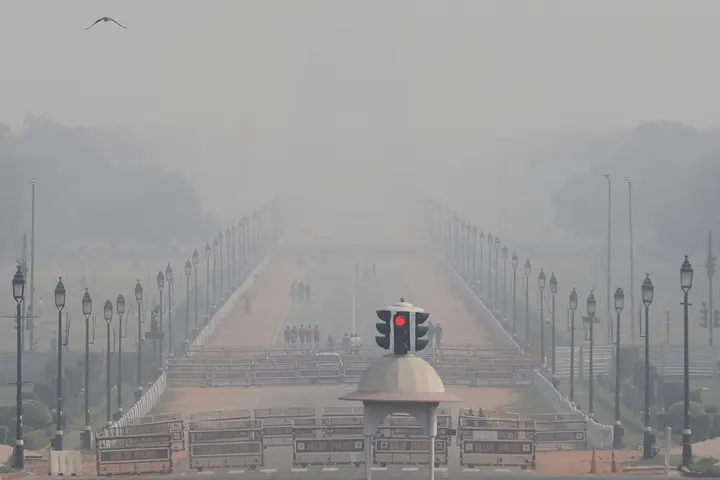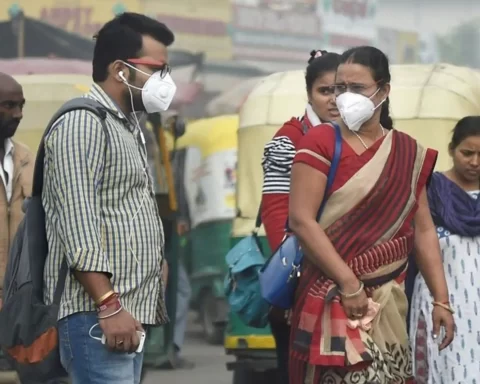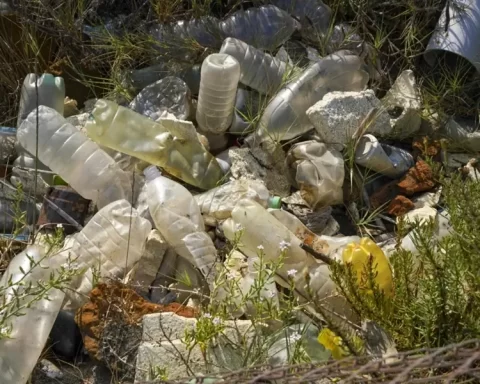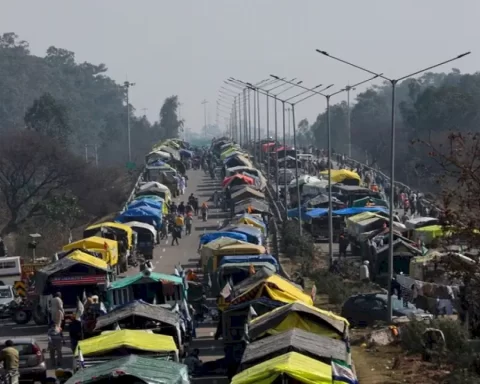NEW DELHI, Sept 11 (Reuters) – India’s New Delhi has reimposed a ban on firecrackers ahead of the Diwali festival to curb air pollution in the winter, when air quality reaches hazardous levels, the capital city’s environment minister said on Monday.
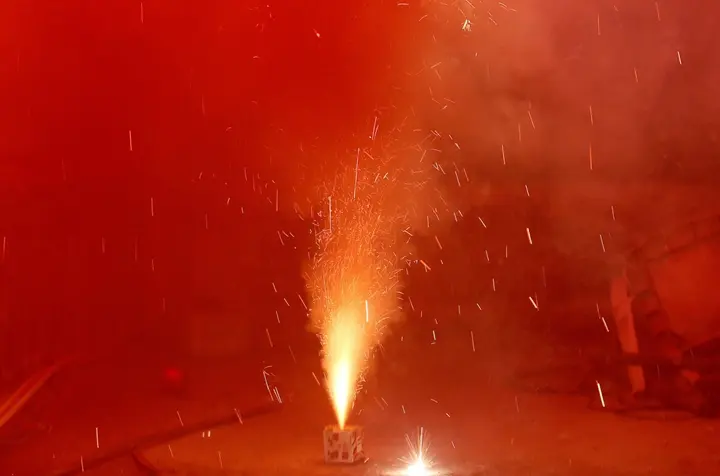
Diwali Firecracker Ban Amid Pollution Concern
“Manufacturing, storage, sale, online delivery and bursting of any type of firecrackers is completely prohibited in Delhi,” Minister Gopal Rai said at a press conference, adding that police have been instructed to stop issuing licenses for fireworks.
Firecrackers are a part of celebrations for the Hindu festival of Diwali, which falls in mid-November this year.
Smoke from the hundreds of firecrackers that light up the sky during the festival leaves the city shrouded in toxic haze, made worse as colder air traps dust, vehicle emissions, and pollution from stubble burning in neighbouring regions.
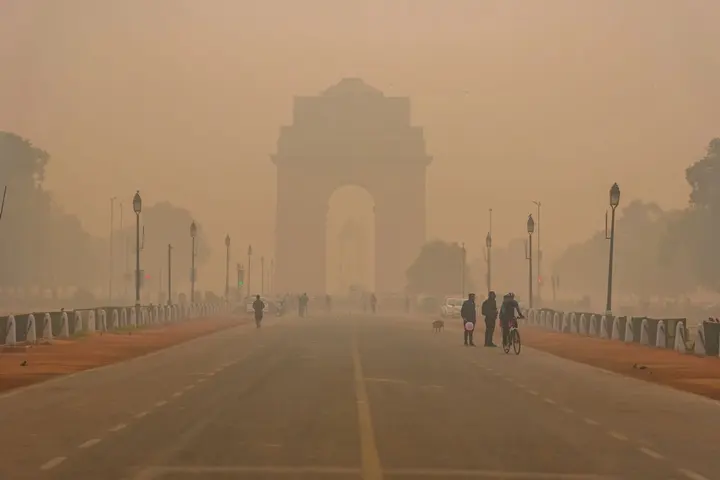
Addressing Delhi’s Ongoing Pollution Challenges
The Delhi government is set to meet with experts this week to draw up an action plan to combat pollution in the winter, when foul air causes a spike in respiratory ailments in one of the world’s most polluted cities, often resulting in school closures and public health emergency declarations.
City authorities have, in the last few years, banned the use and sale of fireworks ahead of the festival, warning of jail time and fines for those flouting orders.
The government said that the city reported its best air quality since 2015 last year, driven by measures including a push for greener vehicles.
Residents of New Delhi stand to gain 11.9 years of life expectancy if India were to meet the World Health Organisation’s guideline to limit levels of lung-damaging airborne particles, known as PM 2.5, to 5 micrograms per cubic metre.
This report is generated from Reuters news service. The Sen Times holds no responsibility for its content.

